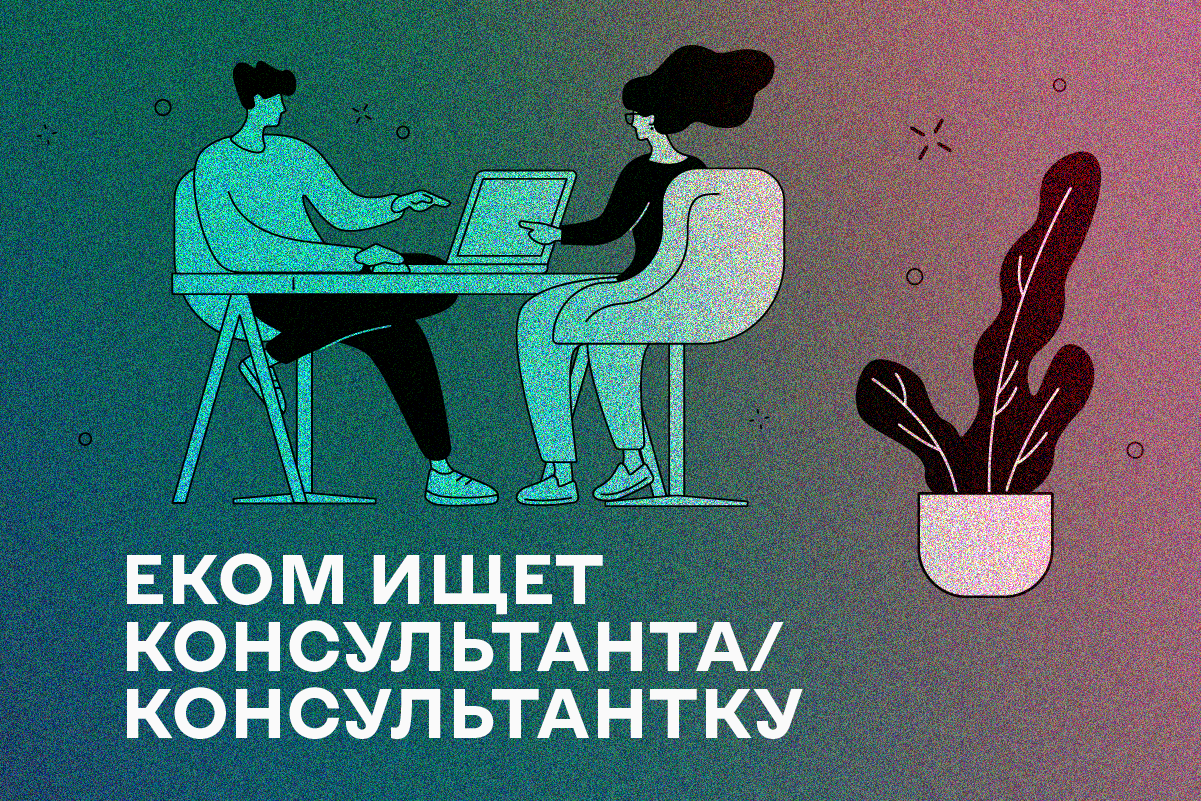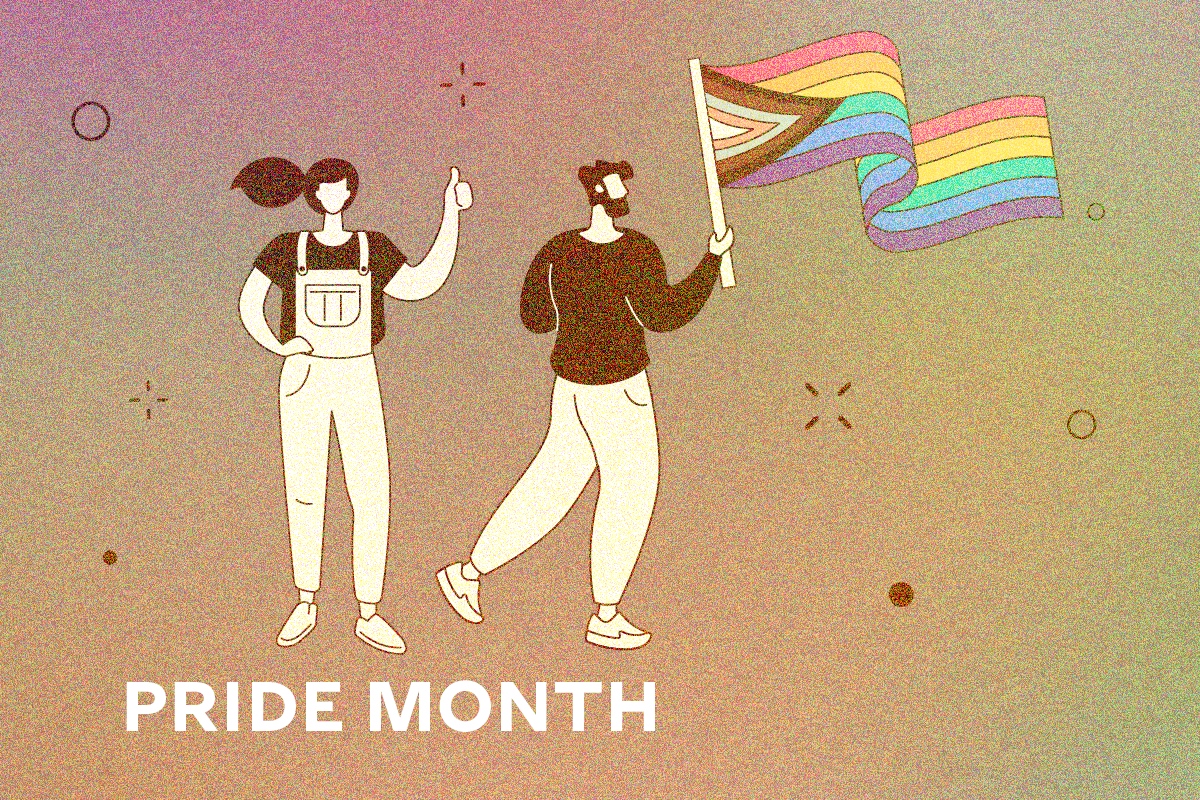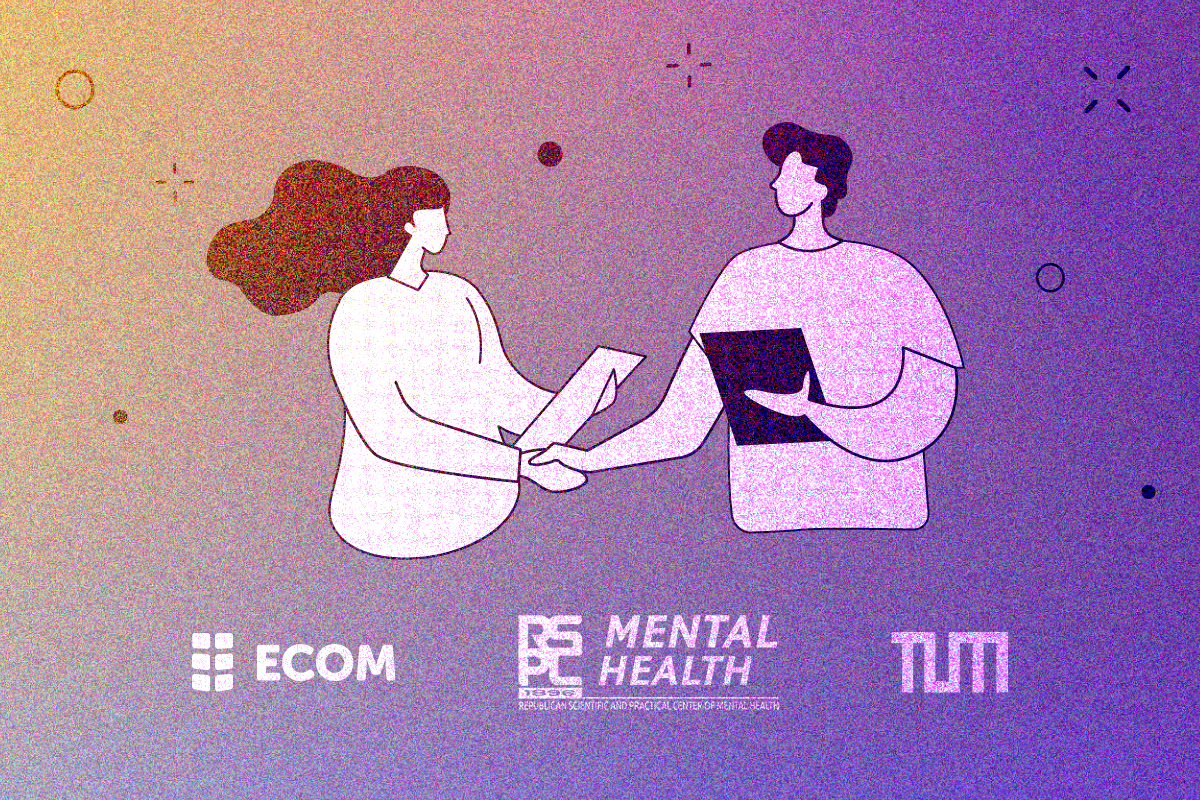April 18th, the United Nations Mission co-facilitators, Zambia and Switzerland released the “Zero Draft” of the political declaration for the United Nations High-Level Meeting on HIV/AIDS (HLM). MSMGF thanks the governments of Zambia and Switzerland for facilitating an inclusive process in developing and releasing the Zero Draft. This draft builds on the 2011 Political Declaration, aligning with the Sustainable Development Goals (SDGs) and emphasizing evidence-based strategies needed to effectively fast-track the end of AIDS:
- The Zero Draft includes several key points that address gender and sexual and reproductive health. These include point #28, which explicitly notes “that progress towards gender equality and women’s empowerment has been unacceptably slow…” In addition, point #59 aligns with SDG #5 “Gender Equality” – “Investing in transformative AIDS responses will contribute to Gender Equality and Empower Women and Girls.” Importantly, this point commits to “end all forms of violence against women and girls…”
- The Zero Draft in point #29 explicitly notes “that many national HIV-prevention strategies provide insufficient access to services for key populations that epidemiological evidence shows are at higher risk of HIV.” As was the case in 2011, it explicitly states that men who have sex with men, people who inject drugs, and sex workers are key populations, along with transgender people, prisoners, and migrants. The draft furthermore makes clear in evidence-based terms the extreme risk faced by these populations, including that men who have sex with men are 24 times more likely than adults in the general population to acquire HIV, people who inject drugs are 24 times more likely, sex workers are 10 times more likely, and transgender people are 49 times more likely.
- The Zero Draft in point #30 explicitly notes “the lack of global progress made in reducing transmission of HIV among people who inject drugs” and moreover identifies the “insufficient coverage of highly effective harm reduction programmes, the marginalization and criminalization of people who inject drugs which hamper access to HIV services,” and notes “with concern that gender-based stigma and discrimination often act as additional barrier for women who inject drugs to access HIV services.”
- The Zero Draft in point #36 explicitly notes “the increasing number of new HIV infections in the Middle East and North Africa, where new infections are concentrated among sex workers, men who have sex with men and people who inject drugs,” that in Eastern Europe and Central Asia “new infections continue to increase, largely among people who inject drugs,” “resurgent epidemics” in cities in North America and Western Europe “where men who have sex with men, transgender people, sex workers and their clients, and people who inject drugs are at particularly high risk,” and “that the epidemic is concentrated among key populations in Asia and the Pacific as well as in Latin America and the Caribbean.”
- The Zero Draft aligns with SDG #10 “Reduced Inequalities” in point #60 – “Ensuring the rights of all people to access high-quality HIV services and commodities will narrow the inequalities gap within and among countries.” This point explicitly states the need to “ensure access to tailored HIV combination prevention services to key populations.” Furthermore, it boldly commits to “saturate areas with high HIV incidence” with “a combination of tailored prevention interventions,” including provision of condoms, harm reduction, and PrEP “with particular focus on key populations and young people.” Moreover, it explicitly states that key populations are an appropriate focus of “evidence-based prevention measures.”
- The Zero Draft aligns with SDG #16 “Peace and Justice” in point #61 – “Removing punitive laws, policies and practices that block access to HIV services and ending HIV-related stigma and discrimination will promote just, peaceful and inclusive societies.” This point boldly commits “to remove punitive laws, policies and practices…related to overly broad criminalization of HIV transmission, same-sex sexual relations, sex work and drug use…”
What Advocates Can Do Now
As MSMGF discussed in its earlier community update last week, there are several key advocacy opportunities to ensure the above language of the Zero Draft is retained in the lead-up to the High-Level Meeting (HLM) in June. These include:
- Provide direct feedback to UN mission delegations in New York City. This will be most effective through in-person meetings in New York City but can also occur via requests for email and phone conversations with local country delegates.
- Provide direct feedback via local civil society to government ministries in country capitals. Depending upon the specific country, these ministries will likely include the Ministry of Health and the Ministry of Foreign Affairs. In some countries, this may include smaller ministries, such as ministries that address gender, social inclusion, and vulnerable populations. It will be especially valuable to provide country-level data to ministries, such as data on key populations and gender and sexual and reproductive health from UNAIDS Country Progress reports.
- Consult with regional civil society partners, who have provided inputs for the HLM political declaration via “regional position statements.” ICASO has compiled them here.
Given the very tight timeline between the release of the Zero Draft today and the first negotiations that will occur at the UN next Monday, April 25th, we emphasize the crucial importance of reviewing the Zero Draft now, and following up with UN delegates, government ministries, and country- and regional-level civil society partners immediately thereafter. Make clear that crucial language in the Zero Draft of the HLM political declaration should be retained in subsequent negotiations between now and June.
First-round feedback and comments on the Zero Draft are due by this Friday, April 22 and can be sent via email to ICASO at HLM2016@icaso.org or anytime to Nadia Rafif, Director of Policy at MSMGF (nrafif@msmgf.org). To make this process easier ICASO has prepared a survey monkey questionnaire to get your opinions about specific paragraphs in the Zero Draft document. Please complete it before this Thursday, April 21st.
The scheduled dates for negotiations (“readings”) of the political declaration by UN member states are as follows:
April 25-26: 1st reading of Zero Draft
April 28-29: 2nd reading
May 18: 3rd reading (unofficial suggested date – still to be confirmed)
May 26: 4th reading (unofficial suggested date – still to be confirmed)
In addition, the co-facilitators Zambia and Switzerland will hold an informal meeting with civil society, the private sector and other stakeholders next Tuesday, April 26 from 8:30-9:45 EST, webcast live on http://webtv.un.org/live.
Original publication: the MSMGF website






Комментарии
Пока никто не оставил комментарий